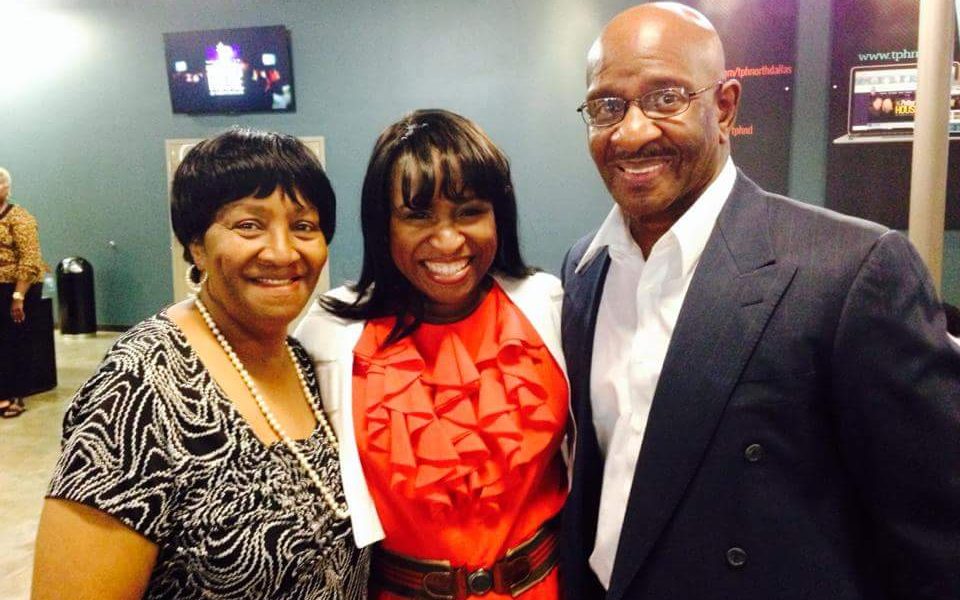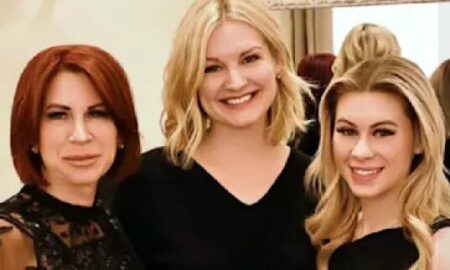

Today we’d like to introduce you to Dr. Alisha Johnson.
Dr. Alisha, let’s start with your story. We’d love to hear how you got started and how the journey has been so far.
I was born and raised in New York City, and spent majority of my life in the Bronx. I studied psychology as an undergraduate student at the University of Hartford, in W. Hartford, CT. One of the assignments in my Multicultural Issues in Psychology course required students to pair together, and experience an environment for the first time together.
My classmate and I decided to visit a local jail, since neither of us have never spent time in jail. That experience back in 1997 was life changing for me. First of all, it helped me to appreciate freedom more, and second, it was my first encounter with a group of juveniles. I saw at least a dozen young boys in that adult male facility, and my heart filled with sympathy and compassion. When I saw the boys lined up, with their shoulders to the wall and hands locked behind their backs, I promised God if He gave me the opportunity to help young offenders, I would do whatever He permits me to do.
Almost twenty years later, on July 8, 2015, I started a faith-based non-profit organization called JUNITY. It stands for Juveniles United Now, Intentionally Transforming Youth. Throughout my life since the tour of the jail in 1997, I have encountered juveniles, either through work or volunteer experiences. JUNITY”s goal is to reduce the rate of recidivism, and help end the school-to-prison pipeline. JUNITY is my way of honoring my promise to God, and doing something to help young offenders. I could no longer shake my head and complain about the number of youth behind bars. I had to do something.
Has it been a smooth road?
In the words of former president Barack Obama, “Progress comes in fits and starts. It is not always a smooth road.” That definitely rings true while building an organization. It was not easy getting into the juvenile detention center. I tried several times to serve at one particular juvenile detention center, but received little to no response from the leaders on how to volunteer as an organization.
Rather than giving up, I decided to try and serve juveniles at another detention center. It was a little easier for us to connect with detention center staff. After several nagging emails, we were finally able to get in. The next major obstacle was finding men to mentor the boys. Thank God, one man joined our organization, and has faithfully mentored the boys there. We are still in need of more men to help the boys. Another personal challenge is asking for donations. We received a lot of donations to help us with our first social event last year, Senior Prom.
There are also two donors who contribute every month. I really need to apply the advice I received from the leaders of Women’s Non-profit Alliance, and become more committed to building relationships with potential donors. It is so hard for me to ask for money. However, I am learning that there are people in this world who want to give financial support to great causes.
So let’s switch gears a bit and go into the JUNITY story. Tell us more about the business.
JUNITY is a faith-based, non-profit organization that serves juveniles. We work with youth at John R. Roach Juvenile Detention Center, as well as youth who are recently released from jail. We also connect with the parents of juveniles and offer them support. We specialize in one-on-one and group mentoring, connecting youth to valuable resources, and basic skills training.
We are most proud of the youth who left jail encouraged, motivated, and feeling loved, and have not returned to jail. We are also proud of the partnerships we have with other organizations that are committed to serving youth.
How do you think the industry will change over the next decade?
There is an increase in resources for juveniles outside of the detention center. One of the reasons why youth are detained in jail is because of the lack of resources to keep them positively engaged in society. I remember communities having recreation centers and after school programs.
Most of the centers have been shut down and after school programs are dismantled because of lack of funding. There are still many fun things for youth to do, but most are too expensive, especially for youth who live in homes where guardians are making less than living wages. I see non-profits that serve youth collaborating their efforts and creating safe spaces for youth to learn, grow, and have fun at no cost to the youth.
One of the major changes I see happening are non-profits teaching children how to be entrepreneurs. They are teaching them about coding, finances, and business management, while they are in elementary school. The youth are receiving from non-profit organizations valuable information that provides a gateway to success.
Contact Info:
- Address: 2001 W. Plano Parkway, Plano, TX 75075
- Website: www.wearejunity.org
- Email: alisha@wearejunity.org
- Facebook: www.facebook.com/wearejunity






 Image Credit:
Image Credit:
John R. Roach Juvenile Detention Center, Henry Wade Juvenile Detention Center, Raising Cane’s
Getting in touch: VoyageDallas is built on recommendations from the community; it’s how we uncover hidden gems, so if you know someone who deserves recognition please let us know here.


















Bonnie Warren
July 28, 2018 at 7:02 pm
I recently attended your Senior Prom and enjoyed it very much. Where can I find the pictures that were taken upon entering. Are they posted somewhere, are they free or for sale. I would very much like to get some pictures.
Yours truly